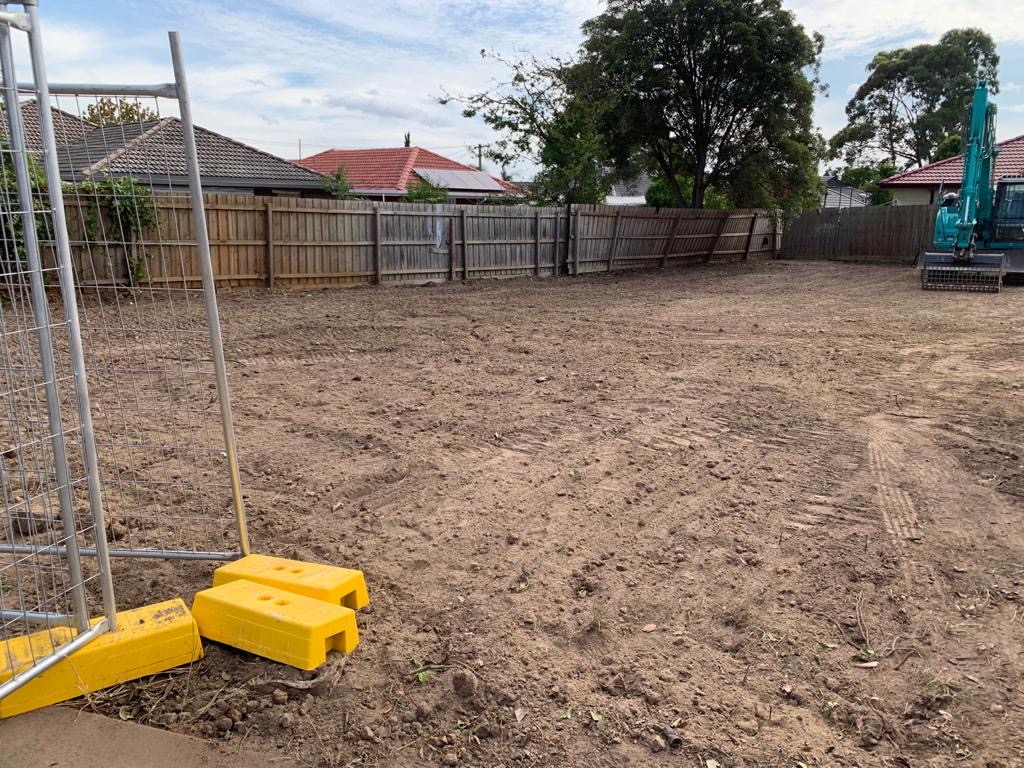Earthwork excavation is a crucial process in construction and engineering projects. It involves the removal of soil, rock, and other materials from the earth’s surface for various purposes such as building foundations, roads, dams, and landscaping. This process requires careful planning, precise execution, and technical expertise to ensure safety and efficiency.
In this blog, we will delve into the basics of earthwork excavation, its types, methods, and equipment used. We will also discuss the importance of proper excavation techniques and the potential challenges that can arise during this process.
Types of Earthwork Excavation
Earthwork excavation can be broadly classified into two main types – cut and fill. Cut refers to the removal of materials from a higher level to create a depression or cavity, while fill involves adding materials to raise the ground level. These types are further divided into various methods based on the type of material being excavated and the purpose of excavation.
Some common methods of cut excavation include topsoil removal, benching, and step-trenching. On the other hand, fill excavation methods include embankment, grading, and borrow excavation.
Equipment Used in Earthwork Excavation
The equipment used for earthwork excavation varies depending on the scale and complexity of the project. Some common types of equipment include excavators, bulldozers, backhoes, loaders, dump trucks, and scrapers.
Excavators are versatile machines that are equipped with a bucket attached to a hydraulic arm. They are used for a wide range of excavation tasks, such as digging and loading materials.
Bulldozers are mainly used for heavy-duty earthmoving jobs, such as pushing large quantities of soil or rock. Backhoes are similar to excavators but with a backhoe at the end of the arm instead of a bucket. They are used for smaller excavation projects and can also be used for digging trenches.
Loaders, as the name suggests, are used to load materials onto trucks or other equipment. They are ideal for moving large quantities of debris or loose soil.
Dump trucks are heavy-duty vehicles that are used to transport excavated materials from the site to a designated dumping area. Lastly, scrapers are specialized machines used for large-scale earthwork projects, such as highways and dams.
Importance of Proper Excavation Techniques
Proper excavation techniques are crucial for the success of any construction or engineering project. The most important factor to consider is safety, both for the workers and the surrounding environment. Using appropriate equipment, following correct procedures, and adhering to safety protocols can minimize the risk of accidents and injuries.
Moreover, proper excavation techniques can also ensure the stability and durability of the structure being built. Excavating too much or too little can weaken the foundation, leading to structural problems in the future. It is essential to follow precise calculations and measurements to avoid any potential issues.
Challenges in Earthwork Excavation
Despite careful planning and execution, there are some challenges that may arise during earthwork excavation. One of the most common issues is encountering unforeseen underground utilities or structures, which can cause delays and increase costs.
Another challenge is dealing with adverse weather conditions such as heavy rain, snow, or extreme temperatures. These conditions can affect the stability of the excavation site and make it difficult to work efficiently.
Moreover, environmental concerns such as erosion and soil contamination can also pose challenges, requiring additional measures to be taken during excavation.
Conclusion
Earthwork excavation is a critical process that lays the foundation for various construction and engineering projects. By understanding its types, methods, equipment used, and the importance of proper techniques, we can ensure safe and efficient execution of this crucial step in any project. However, it is essential to be prepared for potential challenges and have contingency plans in place to overcome them. With proper planning and execution, earthwork excavation can be completed successfully, providing a strong base for the structures being built. So, if you are planning a construction project or curious to learn more about this process, we hope this blog has provided valuable insights into the world of earthwork excavation.
Armstrong Demolition are the experts in residential demolition, excavation services Melbourne and asbestos removal Melbourne. Our team is always committed to providing you with the best service possible for your excavation project



